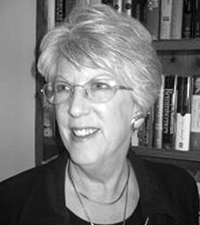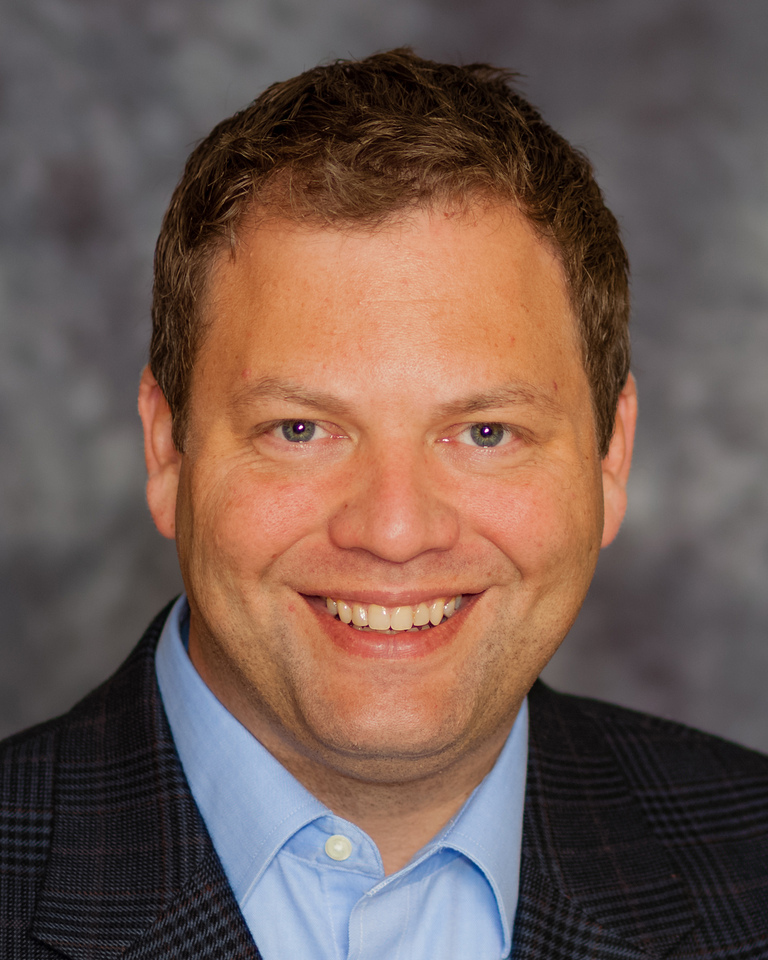What does it mean to contribute to the SSH Fund? Everything.
Your gift - whether it is a one-time donation, a recurring one, or part of your future legacy plan - means everything to the recipients of scholarships and awards. When you contribute to the SSH Fund, you aren’t just “giving”; you unlock healthcare simulation educational doors, provide crucial funding for research projects advancing the simulation field, and help ensure healthcare simulation will grow and thrive for years to come.
The SSH Fund's goal is to become a premier funder of healthcare simulation research, advances, and innovations, and light the path to transformational advances in the field to support patient safety.
Thank you for considering support to help advance the healthcare simulation field in ways we only can do together. Your gift isn’t just well-meaning.
It means everything.
Make your gift or pledge to the SSH Fund today
2023 SSH Fund Campaign Programs
The following programs will be considered for funding from the SSH Fund 2023 Campaign total. The Development Committee will review SSH Fund totals and allocate those funds based on effectively meeting each program's needs.
Early Career Research Award Program
 In 2013, the Research Committee of the Society for Simulation in Healthcare (SSH) established the Early Career Simulation Research Award Program (formerly the SSH Novice Research Award Program) to support the development of new investigators and research initiatives. The Society has awarded over 20 monetary awards to early career research projects in healthcare simulation.
In 2013, the Research Committee of the Society for Simulation in Healthcare (SSH) established the Early Career Simulation Research Award Program (formerly the SSH Novice Research Award Program) to support the development of new investigators and research initiatives. The Society has awarded over 20 monetary awards to early career research projects in healthcare simulation.
Experienced Research Awards
 Research in healthcare simulation requires significant time, energy, and funding when focusing on advanced or multi-institutional research activities. Annually, the Research Committee will identify high-priority research domains that promote advancing the science of healthcare simulation as well as closing existing gaps in the research.
Research in healthcare simulation requires significant time, energy, and funding when focusing on advanced or multi-institutional research activities. Annually, the Research Committee will identify high-priority research domains that promote advancing the science of healthcare simulation as well as closing existing gaps in the research.
From these priorities, decisions will be made about which activities will be funded through the SSH Fund. These financial awards will focus on experienced researchers who require significant funding sources to achieve their planned goals and outcomes.
SimVentors Innovation Awards
 The SimVentors Innovation Awards are designed to support innovation and invention in simulation technology and techniques that help advance healthcare simulation into the future.
The SimVentors Innovation Awards are designed to support innovation and invention in simulation technology and techniques that help advance healthcare simulation into the future.
Each year, financial awards will be given to promote the innovation of new and existing technologies and techniques of healthcare simulation. The SSH Technology Committee will have oversight of the ways in which these funds will be used for purposes of promoting innovative thinking and solutions.
Beverlee Anderson Scholarship Fund
 The Beverlee Anderson Education Scholarship Fund (BAESF) provides support to attend the annual International Meeting on Simulation in Healthcare (IMSH). This need-based scholarship was created for healthcare simulation professionals who would otherwise be unable to attend IMSH. While every application will receive careful consideration, priority in selecting scholarship recipients will be given to first-time attendees and applicants from low-income regions and low-budget organizations.
The Beverlee Anderson Education Scholarship Fund (BAESF) provides support to attend the annual International Meeting on Simulation in Healthcare (IMSH). This need-based scholarship was created for healthcare simulation professionals who would otherwise be unable to attend IMSH. While every application will receive careful consideration, priority in selecting scholarship recipients will be given to first-time attendees and applicants from low-income regions and low-budget organizations.
A priority goal of the SSH Fund is to increase both the number of scholarships and the travel stipend to better meet the needs of members from low-resource regions.
Chad Epps Fund
 The Chad Epps Fund helps support Chad’s passion for spreading healthcare simulation education. This is primarily through the acquistion of high-quality talent for the Chad Epps Lecture at IMSH each year.
The Chad Epps Fund helps support Chad’s passion for spreading healthcare simulation education. This is primarily through the acquistion of high-quality talent for the Chad Epps Lecture at IMSH each year.
As Professor & Executive Director at the University of Tennessee Health Science Center and the Center for Healthcare Improvement and Patient Simulation (CHIPS), Chad was an integral member to the SSH and simulation family, and the medical community at large.